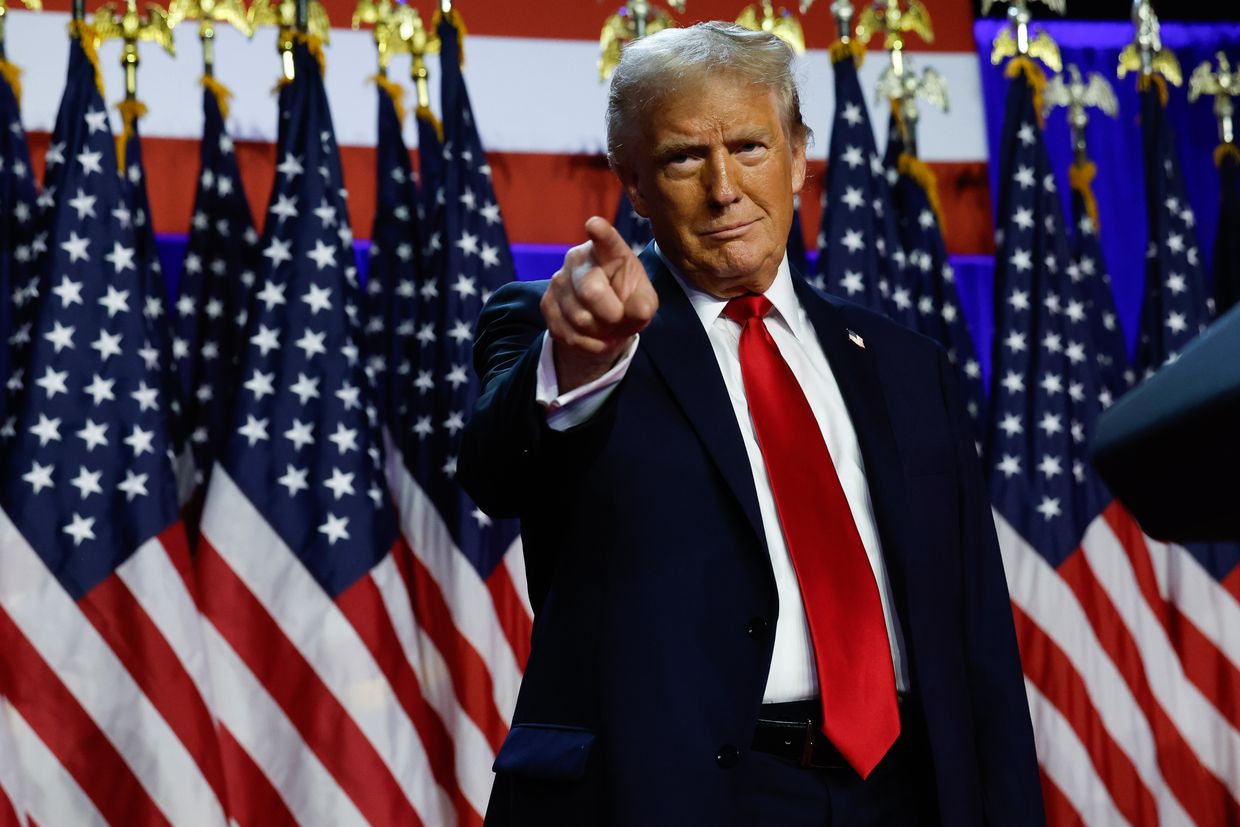EU officials explore options for supporting Ukraine if Trump halts aid, Bloomberg reports

European officials met in Budapest on Nov. 7 to discuss whether the European Union would be willing to continue funding support for Ukraine if U.S. President-elect Donald Trump halts U.S. assistance, Bloomberg reported Nov. 8, citing unnamed sources familiar with the matter.
One source expressed concern that Trump might try to shift the financial burden to Europe, though initial discussions did not indicate any drastic change in direction.
Trump has repeatedly criticized European NATO members for not investing enough in their defense capabilities and relying on the U.S. On the campaign trail, he also claimed he could end Russia's war within 24 hours if elected, though he has not elaborated on how he would achieve this.
There are concerns that the new U.S. president may reduce support for Kyiv and pursue a deal with the Kremlin at Ukraine's expense.
Some European officials suggested that the real issue may not be the money itself, but rather the military resources, which are primarily provided by Washington.
According to the Kiel Institute for the World Economy, the EU is the largest provider of aid to Ukraine, having allocated a total of 118 billion euros ($127 billion) since Russia's full-scale invasion. The U.S. has provided nearly 85 billion euros ($91 billion) in assistance.
"Ukraine is grateful for all the support from our partners, and we are open to any constructive ideas to achieve just peace for our country," President Volodymyr Zelensky said at the European Political Community Summit in Budapest.
He was among the first to congratulate Trump on his victory in the U.S. presidential election, voicing hopes for "strong bipartisan support for Ukraine in the United States." The two also had a follow-up phone call, agreeing to strengthen cooperation, Ukraine's president said.














